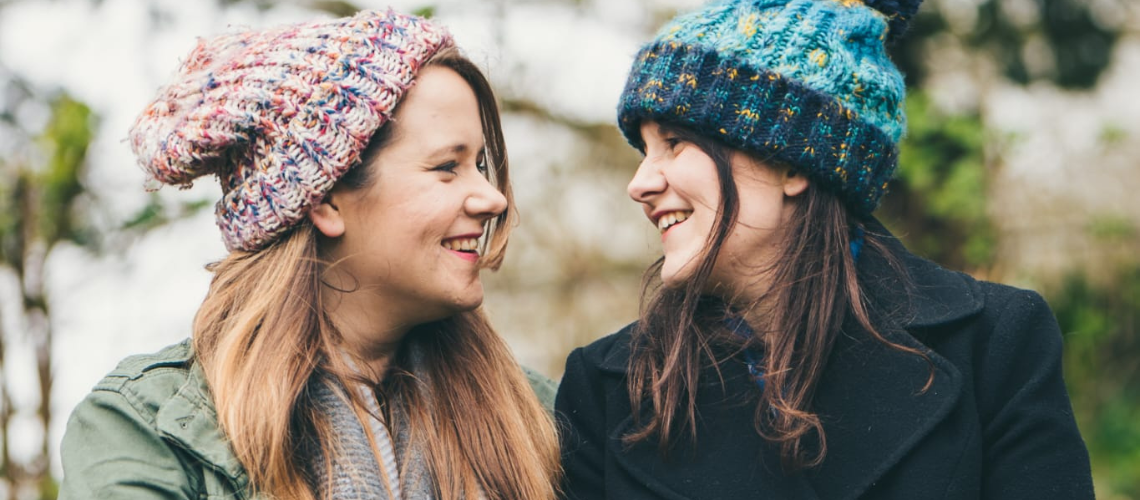
This story is adapted from a video originally filmed on 27 September 2023.
For new parents Heather and Alice, from Bristol, the unexpected early arrival of their son Robin, 6 weeks before his due date, brought with it a wave of worry. Like many premature babies, Robin's lungs weren't fully developed. He needed breathing support in the neonatal intensive care unit (NICU) at Southmead Hospital.
Babies born prematurely often struggle with breathing because their lungs haven't produced enough surfactant. This is a natural substance that helps keep the tiny air sacs in their lungs open and prevents them from collapsing.
While visiting Robin, Heather's wife, Alice, was approached about the SurfON (Surfactant Or Not) study. This research was investigating the best approach to helping premature babies breathe. Babies on the study were randomly allocated into one of 2 groups:
- the first group is given surfactant right away when they first need support
- researchers wait and see if the second group improve on their own
Heather, 34, reflected on their decision. As a Study Support Service Manager at the National Institute for Health and Care Research (NIHR) , she already understood the importance of medical studies.
She said: "Having worked in the sector for over 10 years, I have always been pro research. I know that research is vital to improving our understanding of conditions and can lead to better prevention and treatment.
"The researchers approached Alice in a respectful and calm way. They explained the study thoroughly and answered all my questions, even coming to visit me when I was recovering in the delivery suite."
"The research staff were incredibly knowledgeable, friendly and supportive. We felt well informed throughout. I hadn't heard of the study treatment before, and it was interesting to read the information on why the study was being conducted.
“I felt the best case scenario would be that being on the study would help Robin and his lungs, but even if it didn’t directly, I knew there would be valuable learnings for the future.”
Robin was randomly assigned to receive early treatment. "It went well," Heather said. "He was almost immediately able to come off breathing support and breathe unaided. This was such a huge milestone for premature babies, and the study helped us reach it. I am so grateful to the study team for offering this as an option."
Heather's message to others considering research: "Many might think it's not the right time to be approached about research, especially after an unexpected and traumatic birth. But for us, it gave us another option, and we were glad to be asked. It was an extremely stressful and emotional time, but we were so happy to make our own decision about taking part."
"If you're considering taking part in research, you may be experiencing a lot of uncertainties. But if you can take away one certainty, it is that by doing so you will be helping someone somewhere.
“Whether that is yourself, if you have a positive outcome, or others in the future who can benefit from the study findings.
“Even studies that show treatments are not effective are extremely useful and can mean someone does not put themselves through a treatment that is unlikely to help."
Watch Heather and Robin's story
How you can get involved with research
Sign up to Be Part of Research to be contacted about a range of health and care research. Or check out our full list of studies to see if one is right for you.
And if taking part in a study doesn’t feel right at the moment there are other ways to get involved in research.




